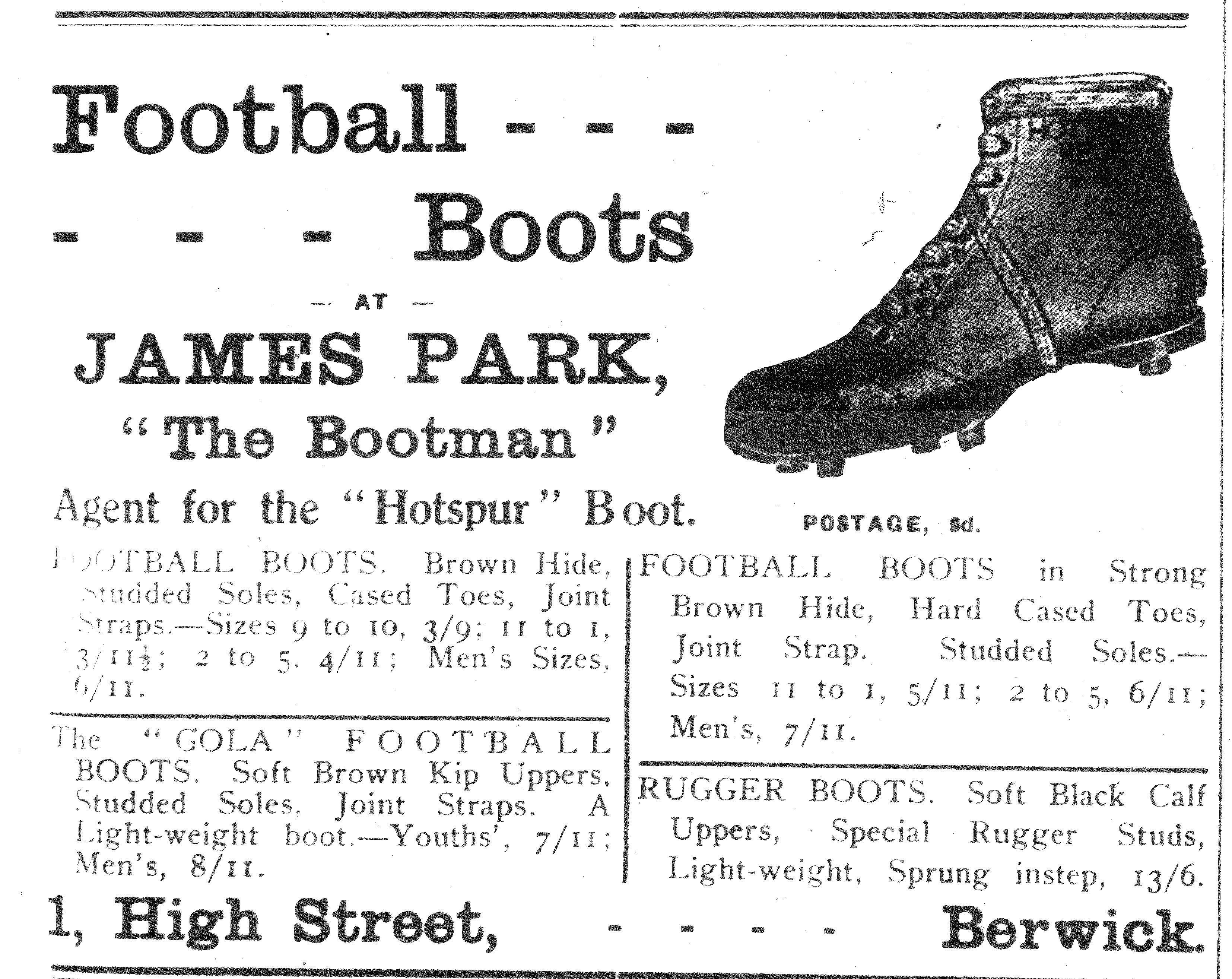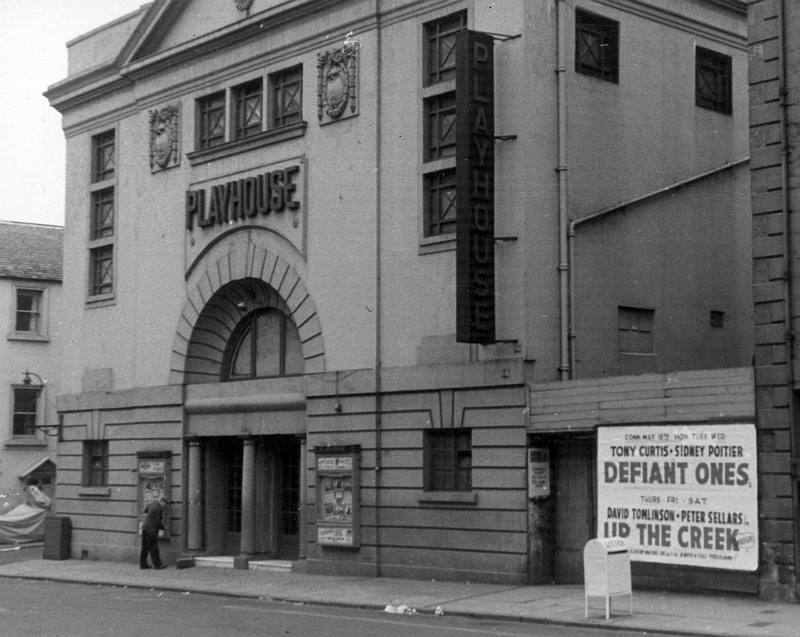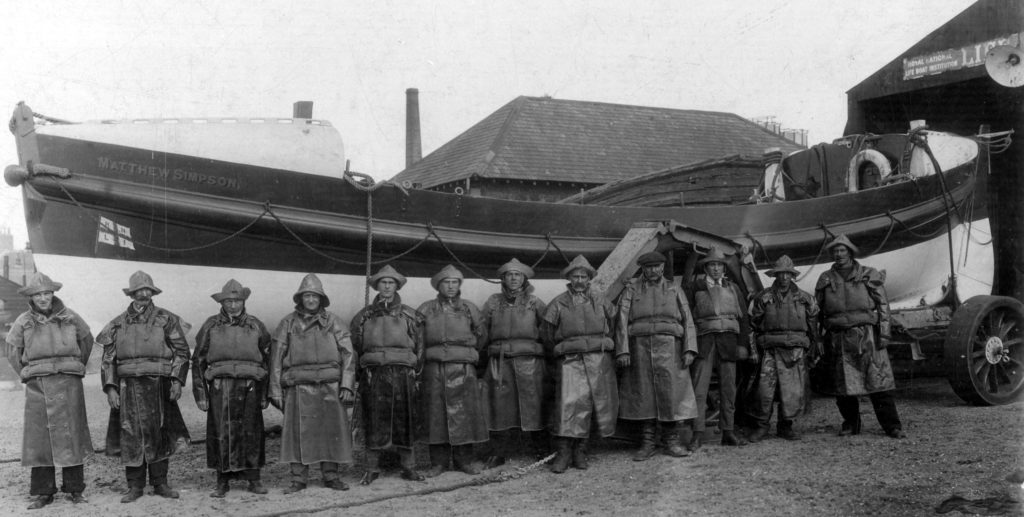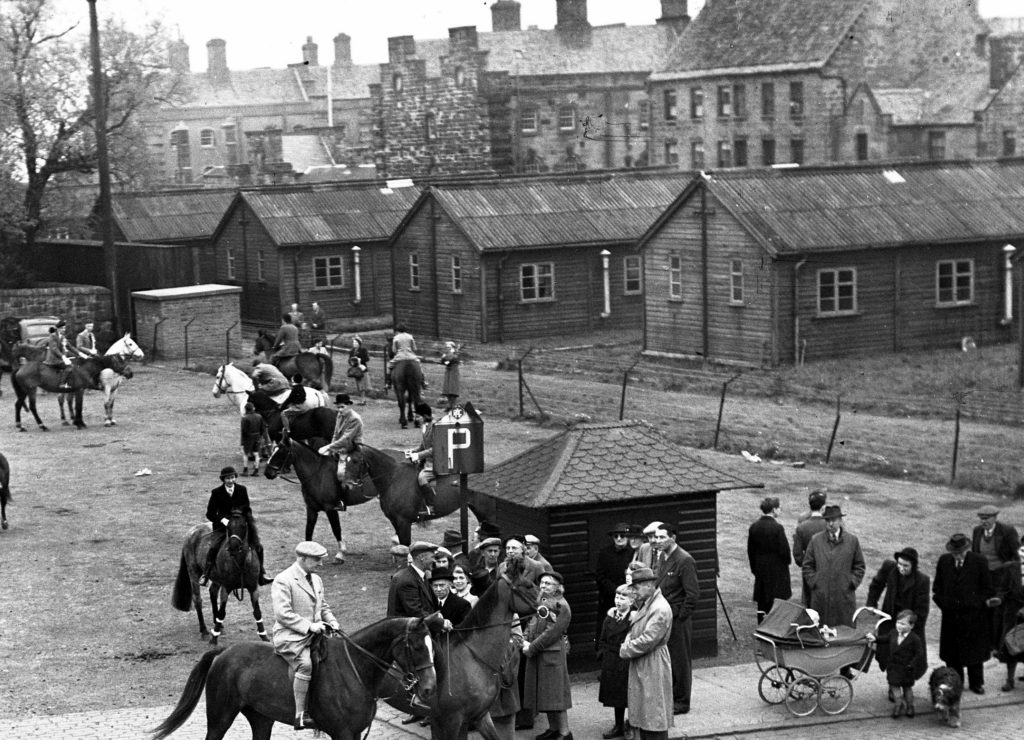
BERWICK ADVERTISER, 22 FEBRUARY 1918
HOME ON LEAVE
We are pleased to see home on leave from France, Gunner G. P. Pringle, Tank Corps, a Murton lad. He has had some trying times, but looks fit and well. Gunner Pringle was one of the crew of a disabled Tank, but luckily he escaped with only a few scratches, while his comrades fell at his side. We wish him every good wish and best luck until he finally returns. When on leave he had the pleasure of meeting his brother Richard, whom he had not seen for some eighteen months. Driver Richard Pringle enlisted at the time when his parents received the news of another brother’s death in July 1916. Mr and Mrs Pringle have every reason to be proud of their family’s record. All three lads were born at Berwick-on-Tweed.
Looking the picture of health, we are pleased to see Dispatch Rider John Logan, son of Mr. Adam Logan Lloyds Agent, Berwick, home on a leave from France. He joined up in the
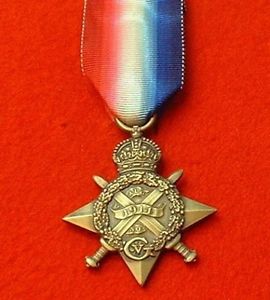
early stages of the war and there being great need at the time for dispatch riders he was almost immediately drafted into France. He took part in the trying engagements at the beginning of the campaign and was attached to the Indian Cavalry. Cyclist Logan is one of the local men who are qualified for the 1914 Bronze Star and he proudly wears the ribbon which signifies his connection with the “Old Contemptables.” We understand he has been recalled for duty and there is a possibility of his being sent East. We are sure his many friends in the borough will wish him every success and the best of good luck in the future.
LOCAL NEWS
A little amusement was occasioned in the early part of the week by a joke perpetrated by some local humourist. People passing the old stocks at the Town Hall were surprised to find a recumbent figure assuming every air of penitence pilloried in the orthodox fashion. Closer examination proved that the figure was not of the flesh and a message was sent to the military authorities who removed it to its proper quarter. To save any misapprehensions we may state that it was one of the stuffed dummies used for bayonet practice by the troops in training at the Barracks.
The Royal National Life-Boat Institution has just sent a new and powerful Motor Life-Boat to the Tynemouth Station, to replace the Motor Life-Boat which has been stationed there since 1911 and has saved 68 lives since then. The new life-boat was built by Messrs. S. E. Saunders Ltd., of Cowes, Isle of Wight, and is of the self-righting type, 40ft long by 10ft. 6ins beam with a 40 B. H. P. Tylor Motor and Gardner. Reverse Gear installed. The boat bears the name “Henry Frederick Swan” in accordance with the wishes expressed by Mrs. Lowes of Bath, who has presented the boat to the Institution.
While senior footballers are playing a sterner game on foreign fields, local juniors are doing their best to keep fit for the world struggle likely to come after hostilities end.
Almost weekly teams of juveniles are meeting and if the results do resemble a cricket score it shows at least that they are playing the game strenuously. Last week two games were played. Messrs W. Elder & Sons’ lads received a beating on Saturday to the tune of five goals to nil at the hands of Spittal Hearts, while Mr Peacocks’ school boys on Thursday waltzed home over the British School team by 8 goals to nil.
WRECK ON THE HOLY ISLE
Not much happens on the Holy Isle to disturb the even tenor of its life. When, however, the gun from the lifeboat calling its crew to immediate services, suddenly strikes the air, life is electrified into action. Last Monday, just before noon, the Island had, once again, that experience. All that could be gathered from the Coastguard was, that a small sailing ketch was on the Castle-head rocks which skirt the northern beach. One drew comfort from the consideration that, although the sea was rough, it was by no means wild.
In a very short time a large crowd were gathered round the lifeboat; nine-tenths of whom were the active womenfolk belonging to the fishing homes. That they had not come as curious spectators was soon apparent by the orderly manner in which they, seizing the towing ropes, and headed by the Vicar, hauled the boat down the beach and into the water; daunted no way by the waves, and never desisting till they knew she was properly afloat. There could not have been a finer snapshot than that launching of the “Lizzie Porter,” a most worthy subject for the pencil of any artist. The Vicar remarked, when the service rendered by the women was referred to, so many men were away to the mine-sweeping, that if it were not for the women of the Island, no lifeboat could be launched.
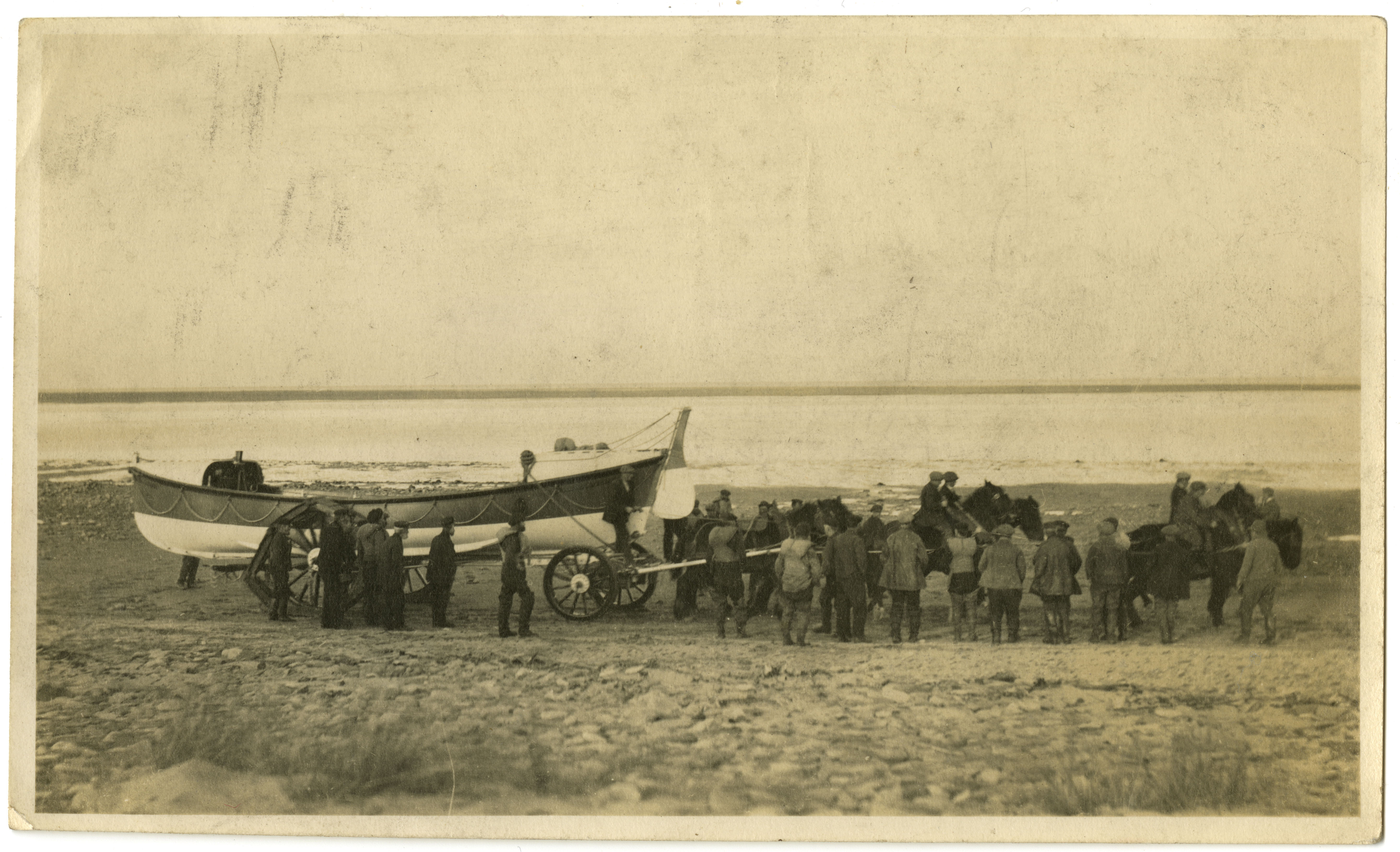
The motor boat being afloat in the harbour, and the sea not being insurmountable, proceeded to the wreck, in front of the lifeboat, and managed with care to take off the crew of three men, and to land them safely ashore. As nothing else could be done; the ship, being water logged and solid, was left to its fate. She was found to be a small sailing ketch; her name, the “Thomas Henry,” and was carrying a cargo of about 120 tons of coal from the Firth of Forth. This craft had been in difficulties off Burnmouth, and had only left that harbour on Saturday.
It may be mentioned that the wreck was first discovered by George Douglas, sea scout, and his uncle, Thomas Douglas, home on leave, both of whom were walking in that direction.
Seaman Henderson, belonging to the lifeboat crew, and Private John Grey, both home on leave, took an active part in the work of the day.

